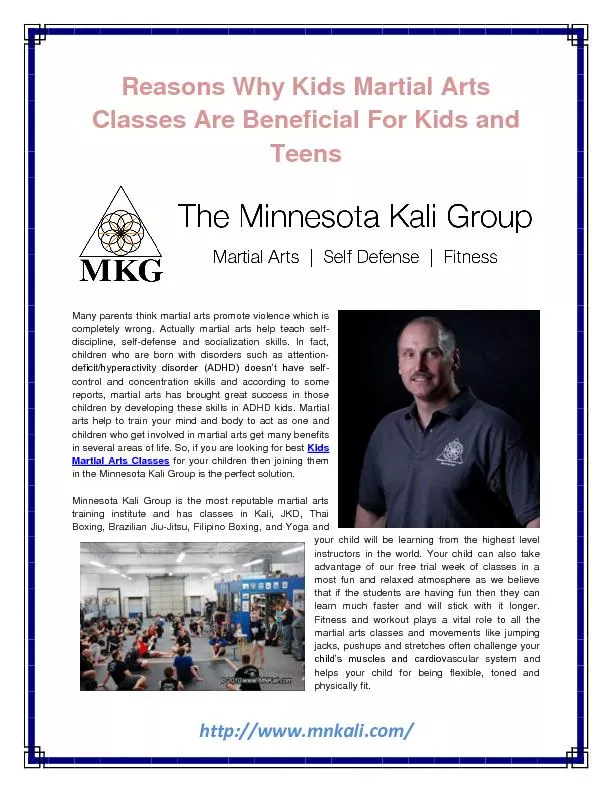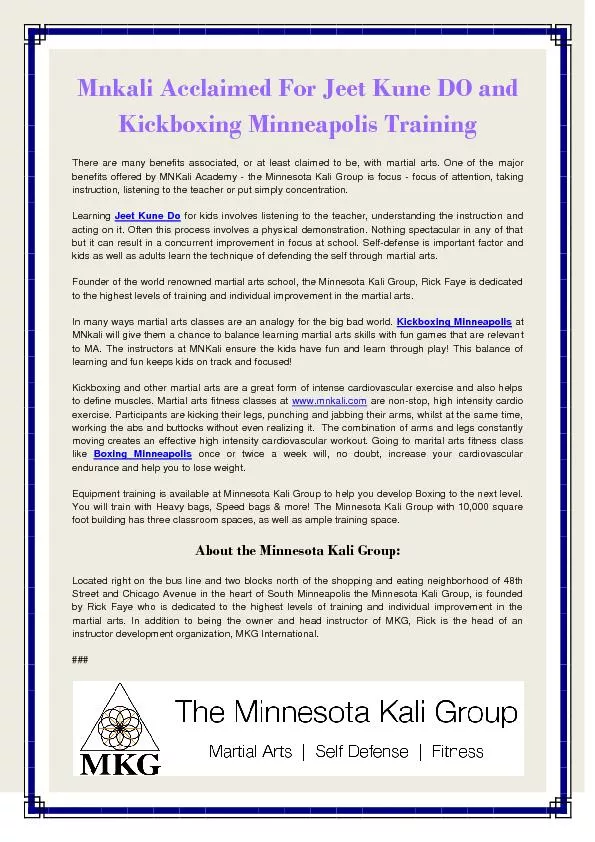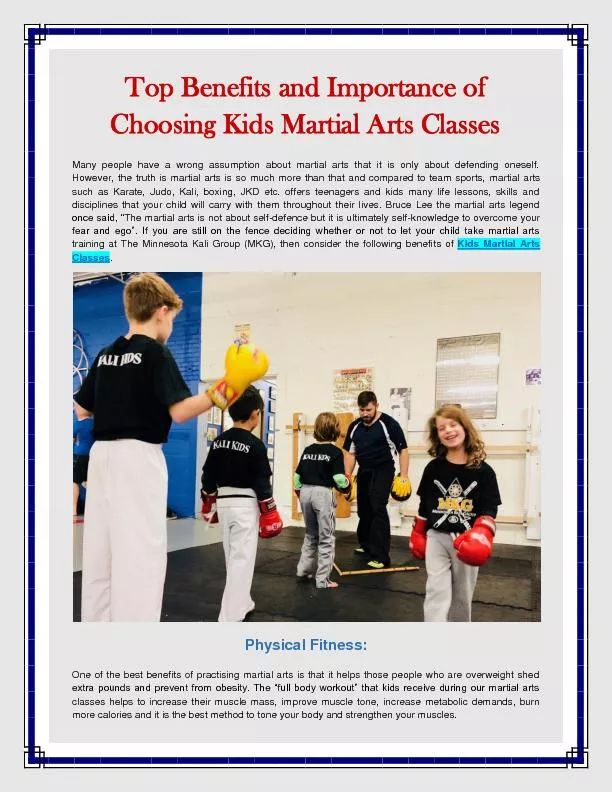PPT-Integrating Critical Reading in Advanced Writing Classes
Author : danika-pritchard | Published Date : 2019-06-27
COTESOL 2018 Mike Vallee International English Center University of Colorado Boulder Agenda Background Rationale and Research Contentbased template integrating
Presentation Embed Code
Download Presentation
Download Presentation The PPT/PDF document "Integrating Critical Reading in Advanced..." is the property of its rightful owner. Permission is granted to download and print the materials on this website for personal, non-commercial use only, and to display it on your personal computer provided you do not modify the materials and that you retain all copyright notices contained in the materials. By downloading content from our website, you accept the terms of this agreement.
Integrating Critical Reading in Advanced Writing Classes: Transcript
Download Rules Of Document
"Integrating Critical Reading in Advanced Writing Classes"The content belongs to its owner. You may download and print it for personal use, without modification, and keep all copyright notices. By downloading, you agree to these terms.
Related Documents










![[EPUB] - An Educator\'s Guide to Schoolwide Positive Behavioral Interventions and Supports:](https://thumbs.docslides.com/901017/epub-an-educator-s-guide-to-schoolwide-positive-behavioral-interventions-and-supports-integrating-all-three-tiers-swpbis-stra.jpg)
![[DOWNLOAD] - 180 Days of Writing for Sixth Grade - An Easy-to-Use Sixth Grade Writing](https://thumbs.docslides.com/901243/download-180-days-of-writing-for-sixth-grade-an-easy-to-use-sixth-grade-writing-workbook-to-practice-and-improve-writing-skills.jpg)
![[DOWNLOAD] - 180 Days of Writing for Third Grade - An Easy-to-Use Third Grade Writing](https://thumbs.docslides.com/901429/download-180-days-of-writing-for-third-grade-an-easy-to-use-third-grade-writing-workbook-to-practice-and-improve-writing-skills.jpg)
![[DOWNLOAD] - 180 Days of Writing for Kindergarten - An Easy-to-Use Kindergarten Writing](https://thumbs.docslides.com/901444/download-180-days-of-writing-for-kindergarten-an-easy-to-use-kindergarten-writing-workbook-to-practice-and-improve-writing-skills.jpg)
